We’re sure you’ve heard of Collagen, one of the biggest trends of 2019. Collagen is best known for keeping skin looking firm and youthful and slowing down the natural process of aging to keep those fine lines and wrinkles at bay.
However, natural aging is not the only thing you are fighting against. Toxins, environmental pollutants, sun exposure, smoking, refined sugars, and fried foods also destroy our natural collagen. Collagen is often referred to as the fountain of youth. Now more than ever we’re seeing products infused with collagen – but what is collagen, and do we actually need these products?
What is Collagen?
Collage is a natural protein found in the body. There are 16 different types of collagen proteins found in the body; the most common are Type I and II. These are mainly found in the skin, hair, nails, joints, tendons, bones, and ligaments. About 30% of the protein in our bodies is collagen, but our natural ability to produce it starts to decline by our mid-late 20s. But before you turn to Botox, fillers, or expensive beauty supplements, try our “food as medicine” approach and add more collagen to your diet naturally!
Here are some great foods to eat to help you get more collagen in your diet:
Beta Carotene
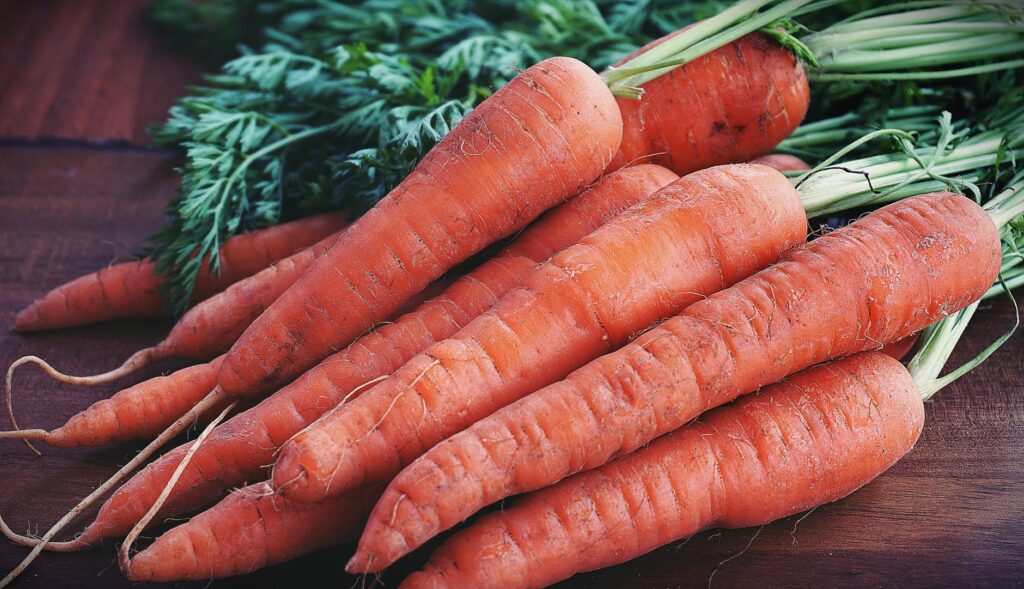
β-Carotene is an organic, a red-orange pigment found in plants and fruits, especially carrots and colorful vegetables. In a study by the US National Library of Medicine National Institutes of Health, 30 photoaged female subjects received 90 days of 30 mg/d β-carotene supplementation showed improved facial wrinkles and elasticity, increased type I procollagen mRNA levels, decreased UV-induced thymine dimer staining, and reduced 8-hydroxy-2’-deoxyguanosine staining, hence demonstrating its anti-photo-aging effects.
Chlorophyll
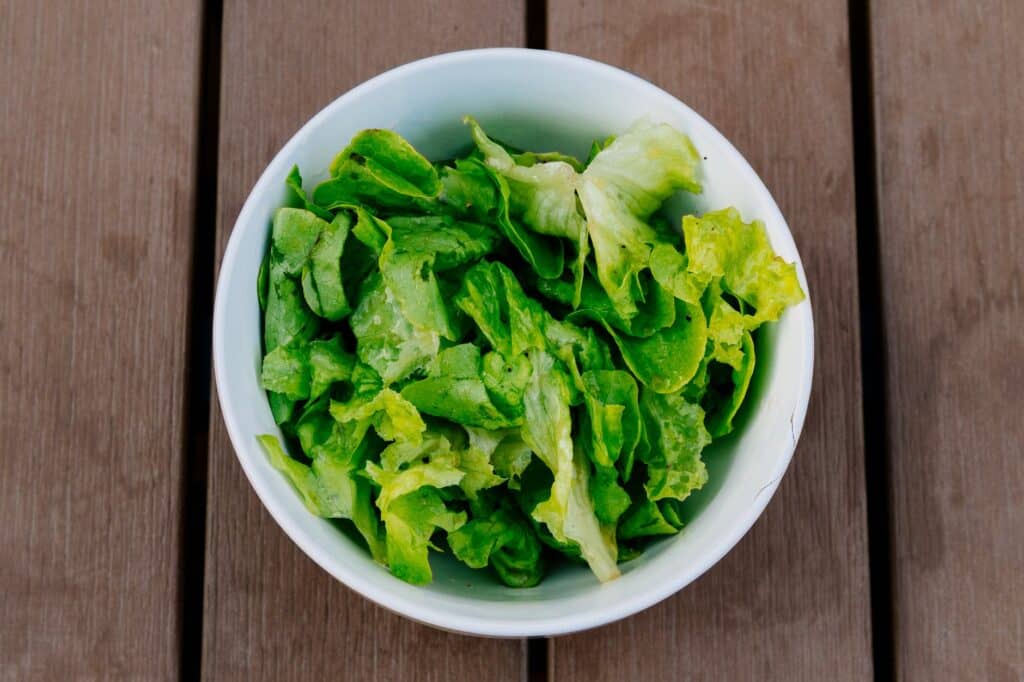
Leafy greens such as bok choy, green algae, arugula, kale, lettuce, green beans, and broccoli contain chlorophyll. In another study by the US National Library of Medicine National Institutes of Health, chlorophyll showed an improvement in facial wrinkles and elasticity in female volunteers over the age of 45 who received two different doses of chlorophyll extract supplement for 90 days.
Natural Polyphenols or Flavonoids
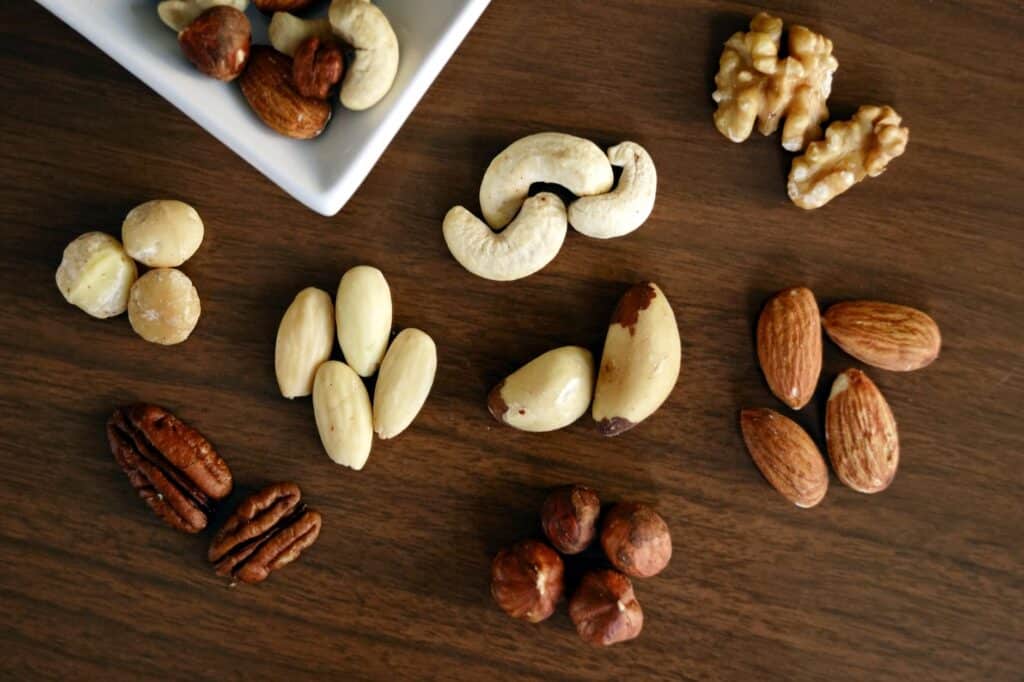
Natural polyphenols or flavonoids are not only plant pigments but also powerful antioxidants that protect plants from diseases that have been shown to protect the skin from sun damage and prevent collagen breakdown. You can find the polyphenol compound in red grape skin, nuts, fruits, red wine, green tea, and soybeans!
Vitamin C
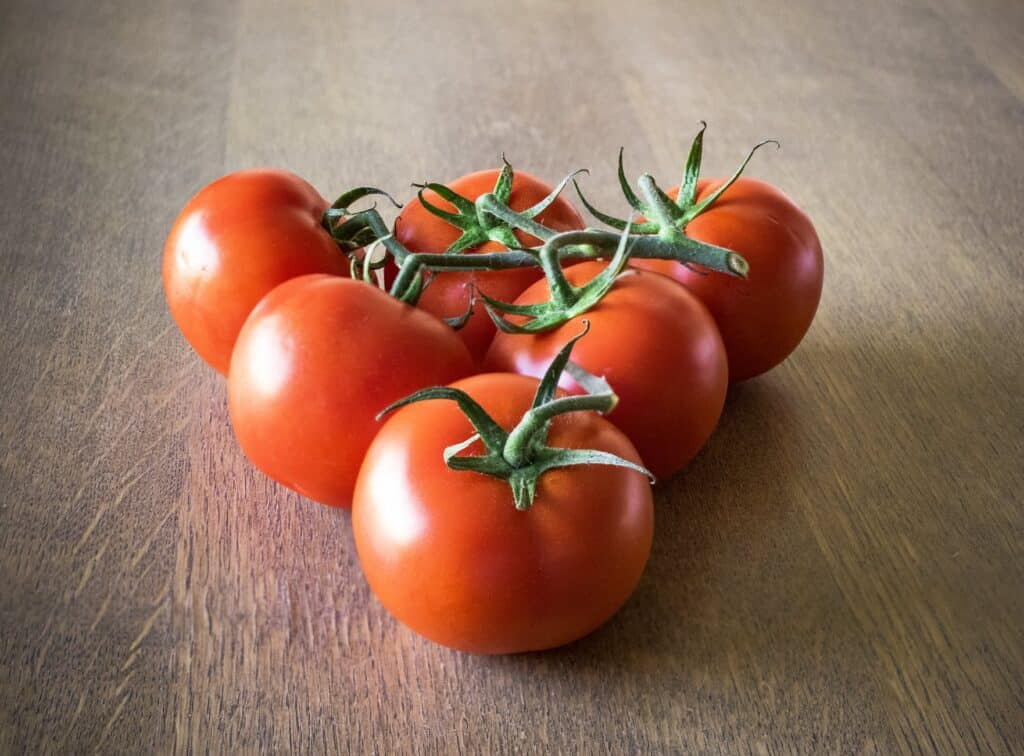
Vitamin C rich foods such as tomatoes, citrus, and berries, have been found to activate the transcription of collagen synthesis and stabilizes procollagen mRNA, thereby regulating collagen synthesis and making it an essential nutrient in the pre-collagen production phase according to the US National Library of Medicine National Institutes. Vitamin C is filled with anti-inflammatory properties that can be used in conditions like acne vulgaris and rosacea while also promoting wound healing.
Vitamin E
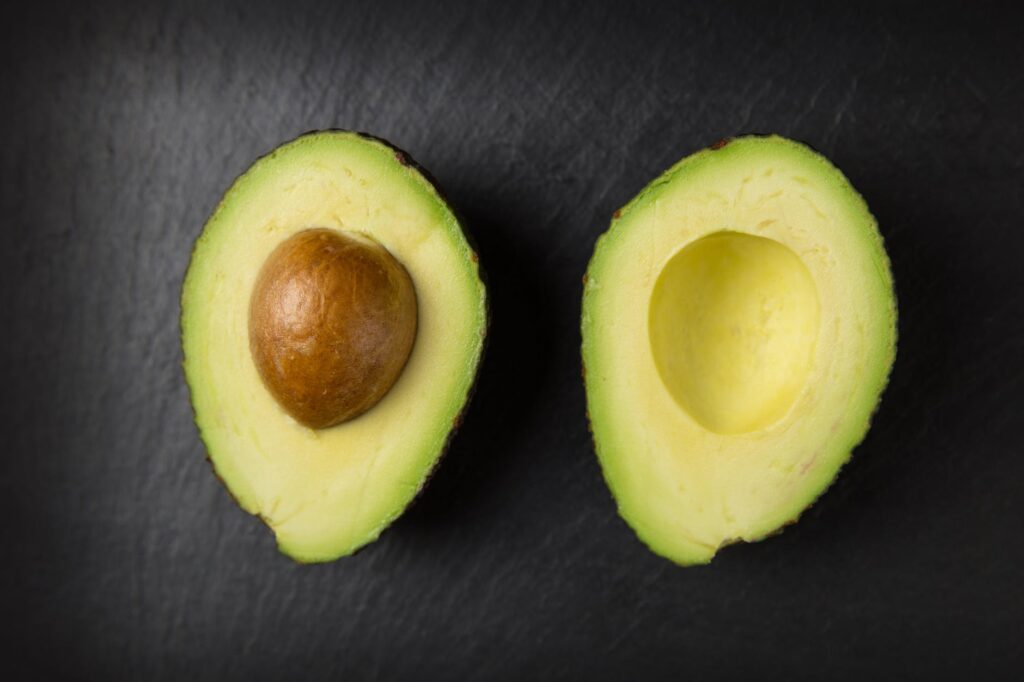
Vitamin E rich foods, such as avocados, mangos, sweet potatoes, papaya, and eggs, may help prevent collagen breakdown as it absorbs the harmful UV light from the sun when applied to the skin. Additionally, Vitamin E helps with keeping the skin conditioned, preventing dryness and skin inflammation.
Lipids
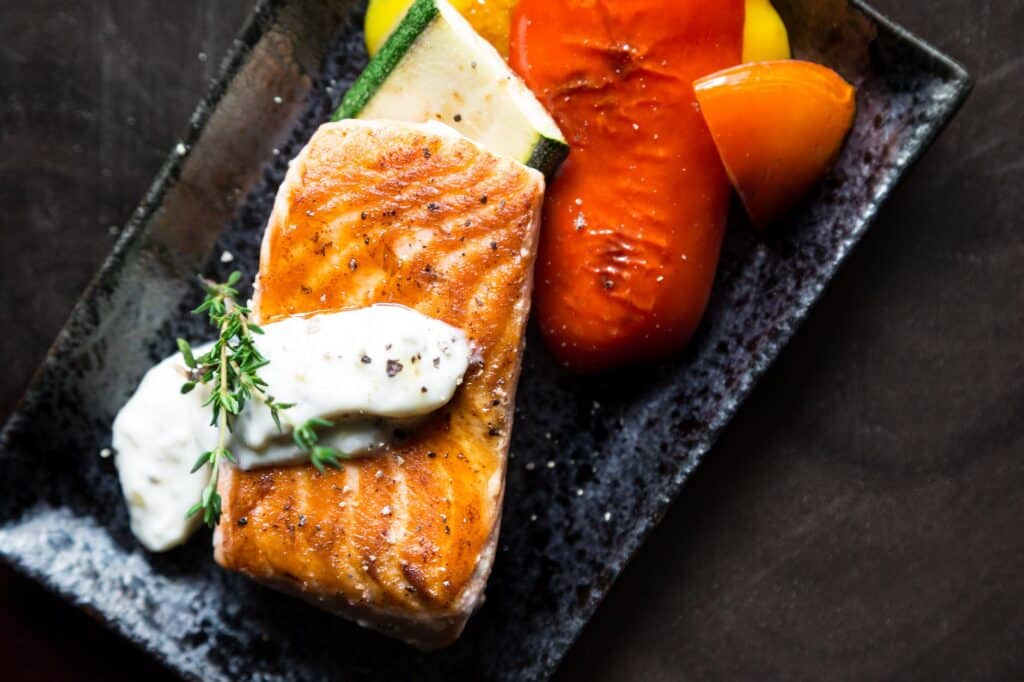
Omega 3 essential fatty acids, such as fish, seafood, eggs, and grass-fed meats, support inflammation reduction, and skin health. Omega 3’s also moisturizes your skin from the inside out, which naturally promotes a more youthful appearance. Our bodies can’t produce omega-3 essential fatty acids naturally, so we must obtain them from dietary sources. Additionally, lipid compounds from honeybee royal jelly extracts, composed of mostly medium-chain aliphatic fatty acids, have been shown to possess in vitro collagen production-promoting effects!
In summary, while it may seem simple just to take a collagen supplement, there is nothing better than the collagen’s natural source! Mix all of these ingredients in a salad, with a side of freshly squeezed lemonade, sweetened with local honey — yum. Dare we say, we may have found the fountain of youth!
Our Latest Blogs
-
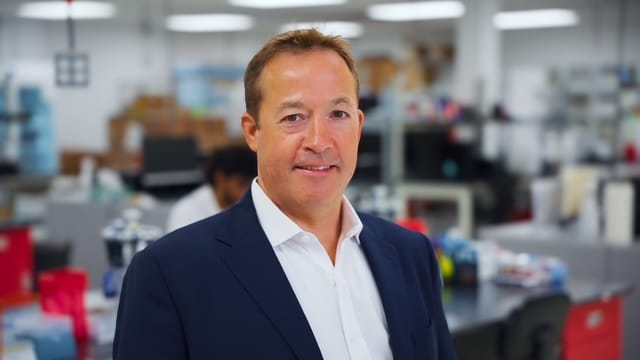
Food Sensitivity Testing 101: Supporting Clients with Inflammation and Gut Issues
Read Full Article: Food Sensitivity Testing 101: Supporting Clients with Inflammation and Gut Issues -
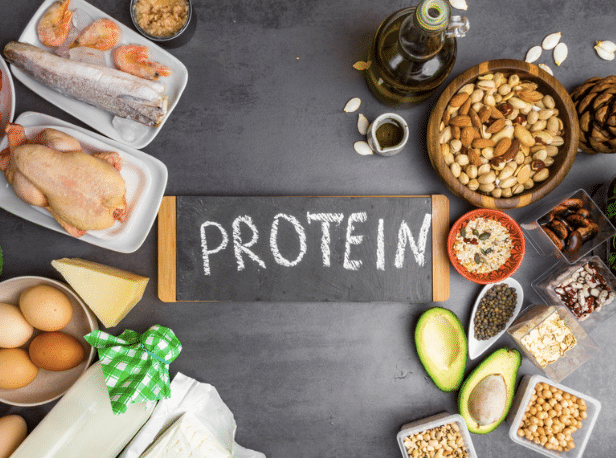
Protein 101: The Health Coach’s Guide
Read Full Article: Protein 101: The Health Coach’s Guide -
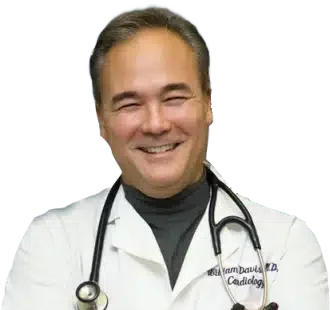
Women’s Health and the Vaginal Microbiome: A Probiotic Breakthrough
Read Full Article: Women’s Health and the Vaginal Microbiome: A Probiotic Breakthrough

